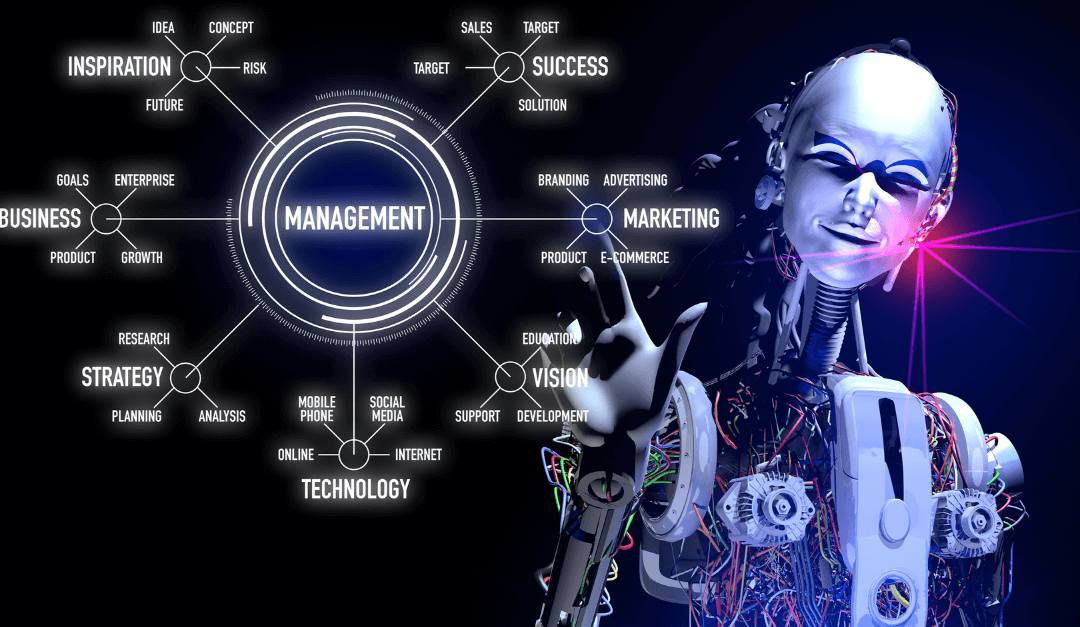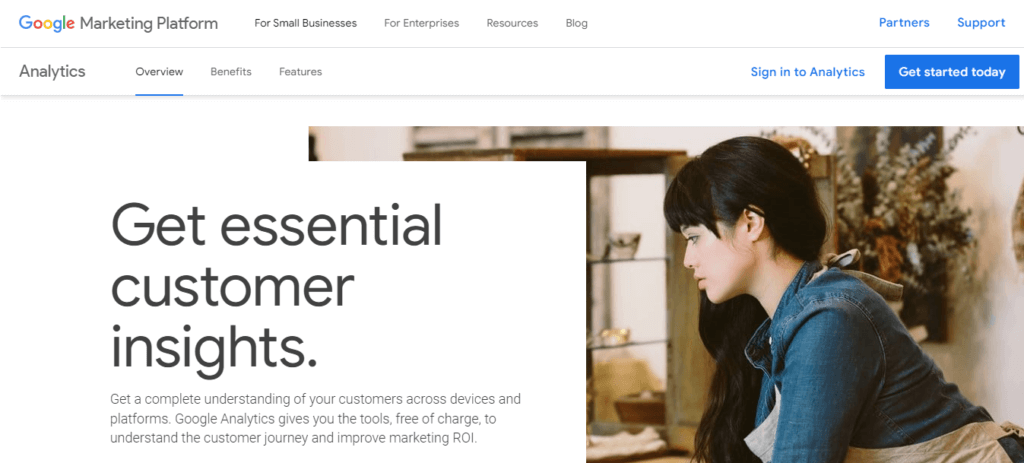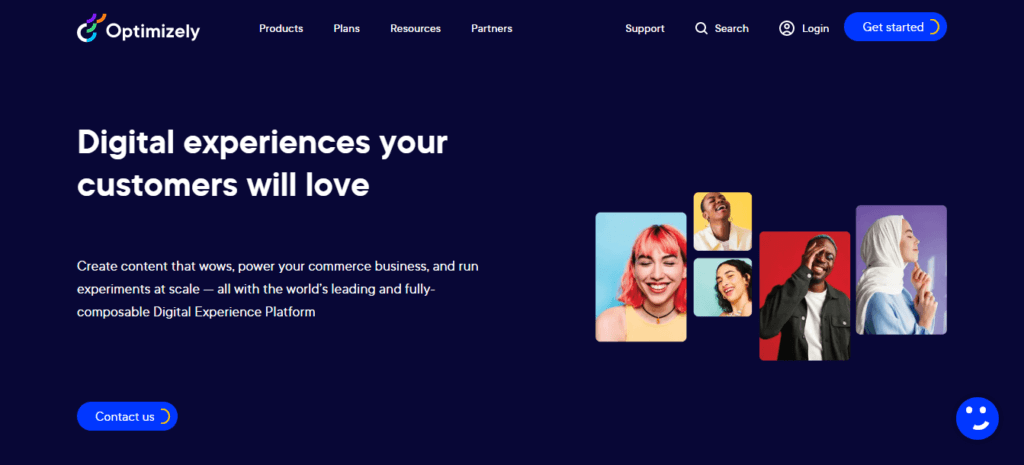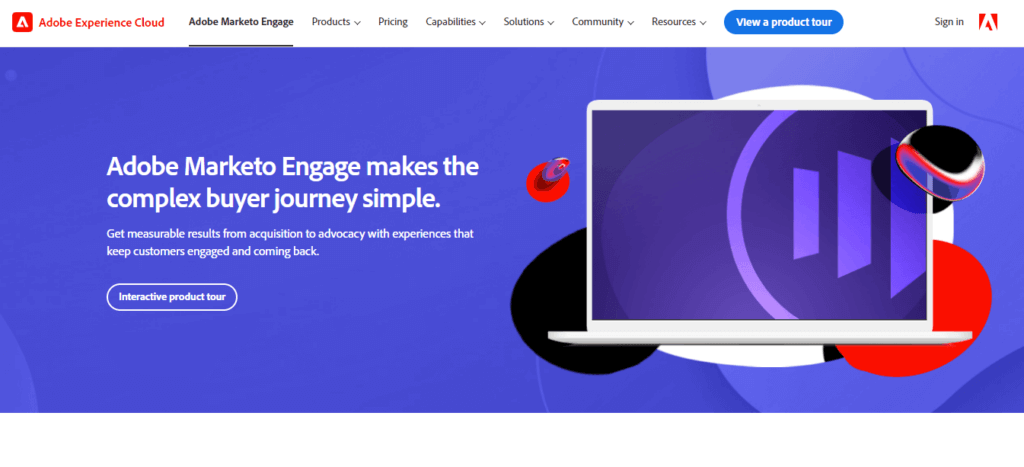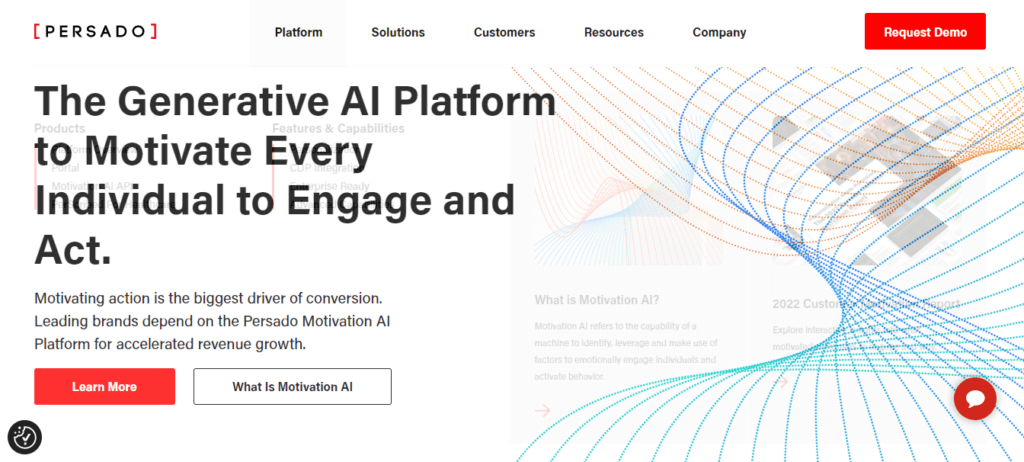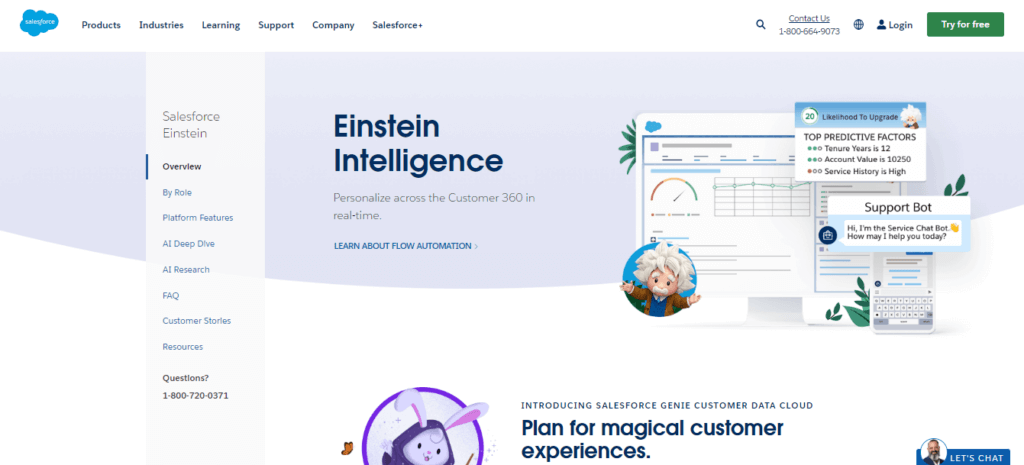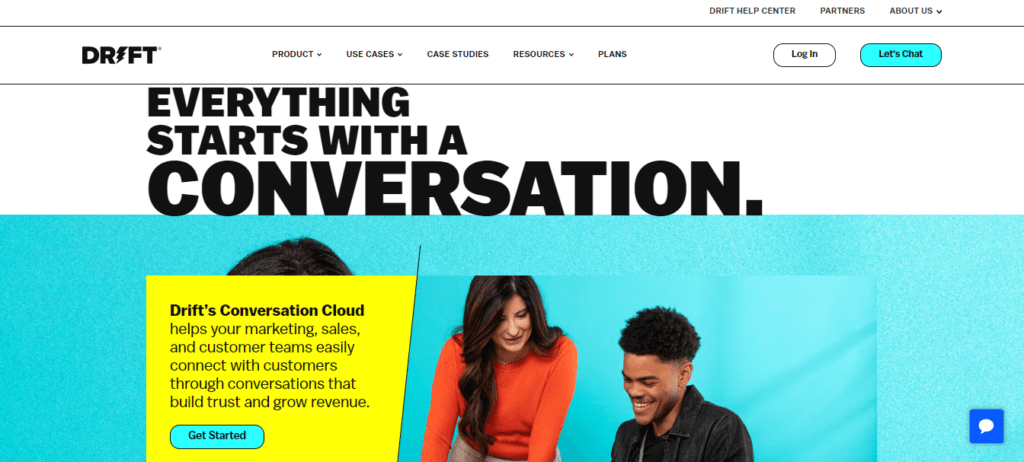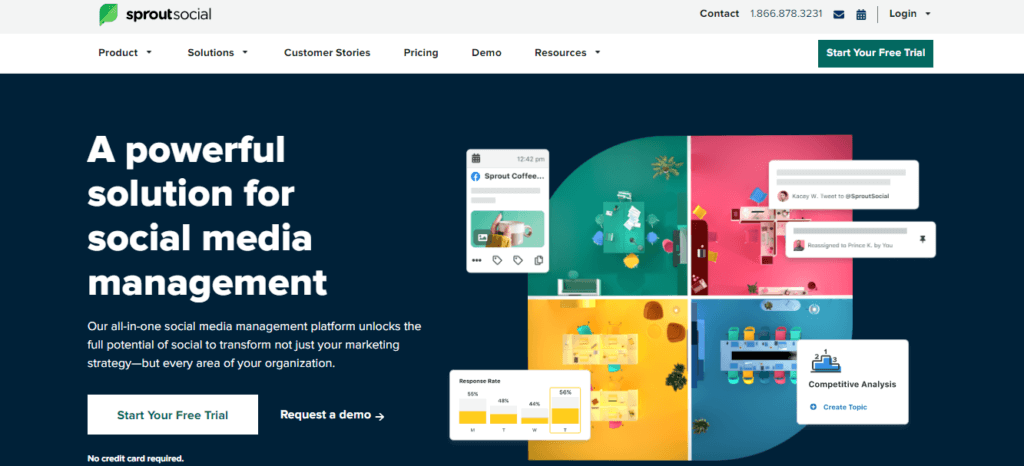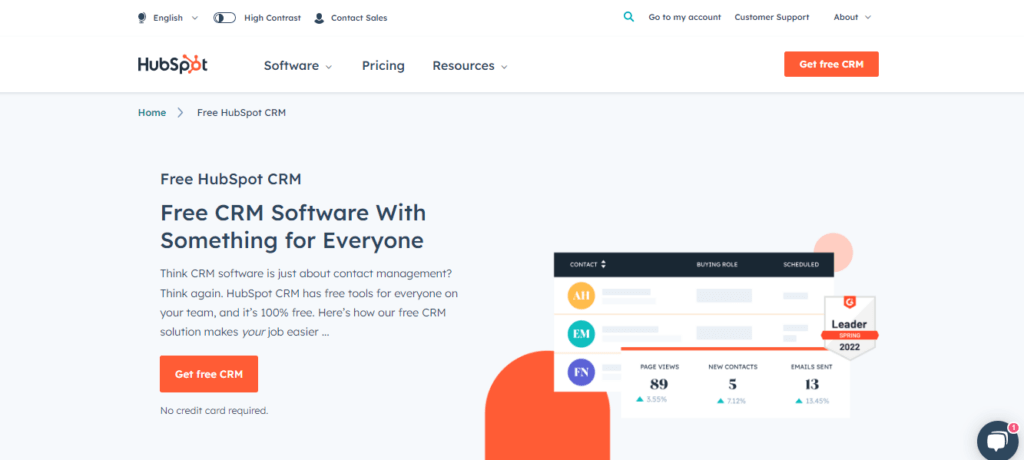
Real-world Applications of ChatGPT: From Content Creation to Customer Service
Introduction
ChatGPT is a state-of-the-art language generation model developed by OpenAI, renowned for its ability to understand context and generate relevant text. This model is based on Transformer architecture, which allows it to analyze large amounts of data and generate coherent and informative text. This blog aims to examine the various applications of ChatGPT and its potential to revolutionize the way we communicate and process information.
Content Creation
One of the many applications of ChatGPT is content creation. In today’s fast-paced digital world, the demand for high-quality content is more significant than ever, and ChatGPT is perfectly positioned to meet this demand. By leveraging the power of AI, it can generate articles, blog posts, product descriptions, and much more in a fraction of the time it would take a human writer. ChatGPT is particularly beneficial for content creators because it ensures that the generated content is relevant, engaging, and high-quality.
Advantages of using ChatGPT for content creation include:
- Time-saving: Automating content creation saves time compared to manual writing.
- Consistency: ChatGPT can provide consistent output in tone, style, and quality.
- 24/7 Availability: ChatGPT can be used anytime and anywhere, making it convenient for content creation.
- Customization: ChatGPT’s outputs can be customized for specific use cases and requirements.
- Cost-effective: Using ChatGPT for content creation eliminates the need for human writers, reducing costs.
Customer Service
Another area where ChatGPT is making a significant impact is customer service. By using AI to handle customer queries, companies can improve the quality and efficiency of their customer service, providing a better experience for their customers. The use of chatbots in customer service has increased significantly in recent years, with a projected growth rate of 30.29% from 2020 to 2027. ChatGPT’s ability to understand natural language means that it can assist customers in a way that feels natural, making it a valuable tool for businesses looking to improve their customer service.
Benefits of using ChatGPT for customer service include:
- Multilingual Support: ChatGPT can support multiple languages, making it possible to provide customer service to a global audience.
- Cost-Effective: ChatGPT eliminates the need for hiring and training a large team of customer service agents, reducing costs.
- High Accuracy: ChatGPT uses advanced language processing algorithms to understand and respond to customer queries accurately.
- Personalization: ChatGPT can use customer data to provide personalized support, improving the customer experience.
- Time Savings: ChatGPT can handle multiple customer queries simultaneously, freeing up time for other tasks.
Language Translation
Language translation is another field that ChatGPT is impacting. By understanding context, ChatGPT is perfectly positioned to improve the quality and accuracy of language translations. This is especially important for businesses and individuals who require professional or personal translations, as it ensures that the translated text accurately conveys the intended meaning. The improved fluency and naturalness of translations generated by ChatGPT make it a valuable tool for those who require high-quality translations.
Benefits of using ChatGPT for language translation include:
- Multilingual Capability: ChatGPT can handle multiple languages, enabling it to offer customer service to a worldwide audience.
- Affordable Solution: ChatGPT eliminates the need to recruit and train a team of customer service representatives, reducing expenses.
- High Precision: ChatGPT employs advanced language processing algorithms to accurately understand and respond to customer inquiries.
- Customized Assistance: ChatGPT can leverage customer data to deliver personalized support, elevating the customer experience.
- Efficiency Boost: ChatGPT can manage multiple customer inquiries at once, freeing up time for other crucial tasks.
Creative Writing
ChatGPT is also making waves in the creative writing field, providing a new way for writers to generate inspiration and overcome writer’s block. By using AI to create writing prompts and story ideas, writers can find new inspiration and take their writing in new and exciting directions. In addition, ChatGPT’s ability to generate text in a specific author’s style makes it a valuable tool for those who want to write in a particular style or mimic the writing of their favorite authors.
Benefits of using ChatGPT for creative writing include:
- Inspiration: ChatGPT can provide ideas and inspiration for writers struggling to develop new concepts.
- Word suggestions: It can suggest words, synonyms, and phrases to help writers improve their vocabulary.
- Plot development: ChatGPT can help writers develop and expand their plots by suggesting different scenarios and events.
- Character development: It can also help writers flesh out their characters by providing suggestions for their backgrounds, personalities, and motivations.
- Feedback: ChatGPT can provide constructive feedback on writing, offering suggestions for improvement.
Conclusion
ChatGPT is a powerful language generation model that has the potential to revolutionize the way we communicate and process information. Its real-life application of content creation, customer service, language translation, and creative writing are just a few examples of how ChatGPT is changing the way we work.
In conclusion, ChatGPT is a valuable tool that has already impacted various industries, and its potential for further development and improvement is immense. With its ability to understand context, generate relevant text, and save time, it’s no wonder that ChatGPT is quickly becoming a popular choice for businesses, researchers, and individuals alike. So why not give it a try and see what it can do for you?
Need help figuring out where to start? Reach out to SmarkLabs for helpful insight and guidance on your first steps.

